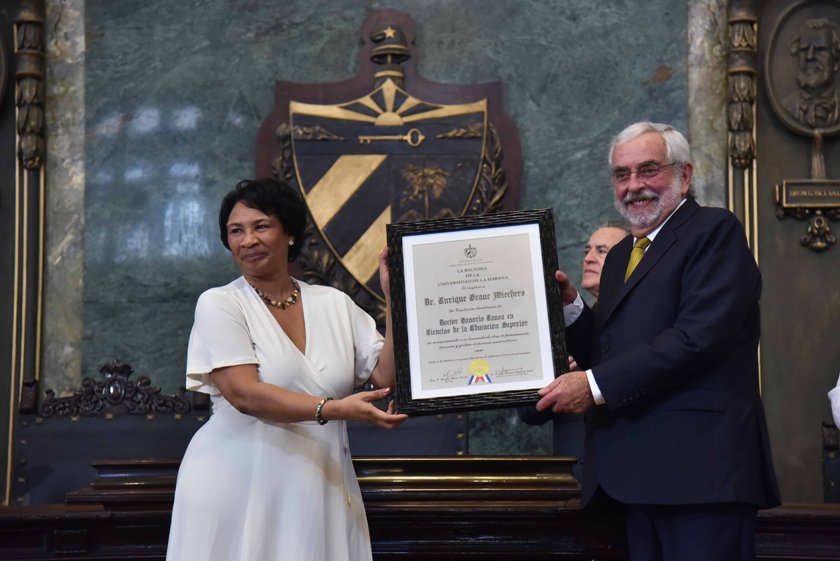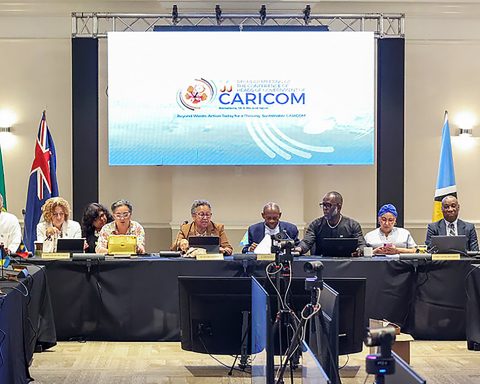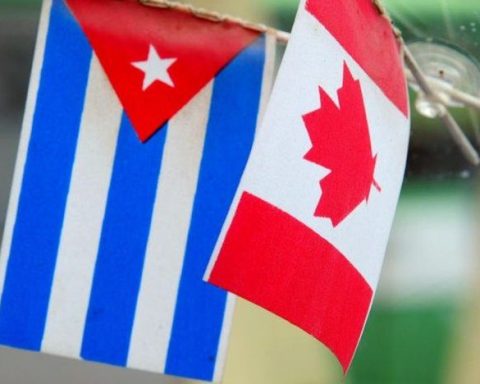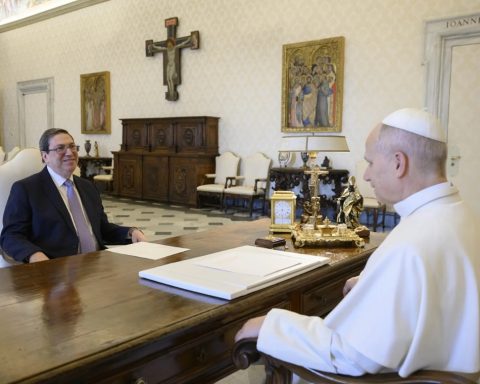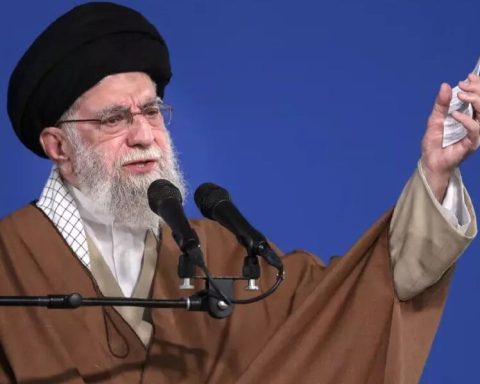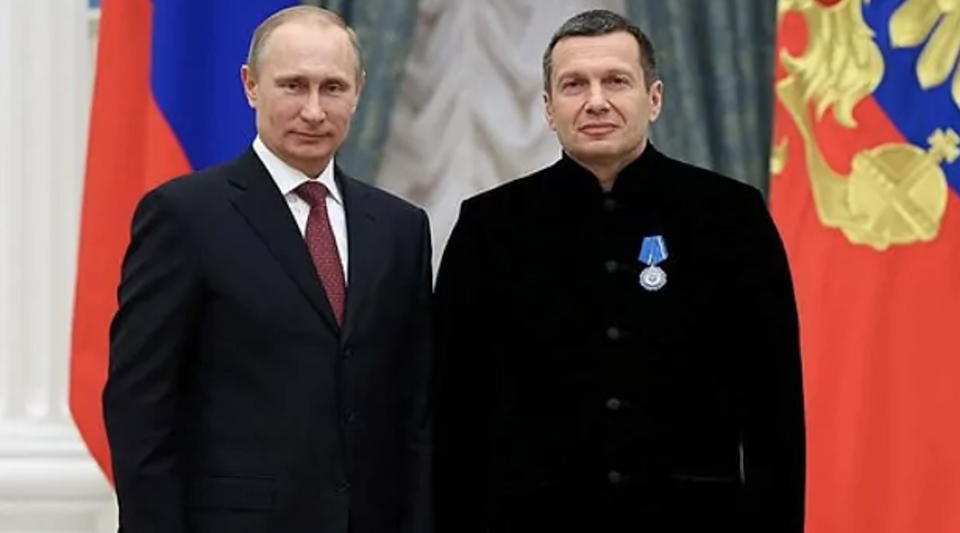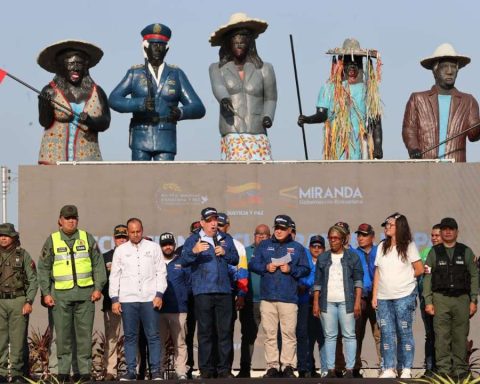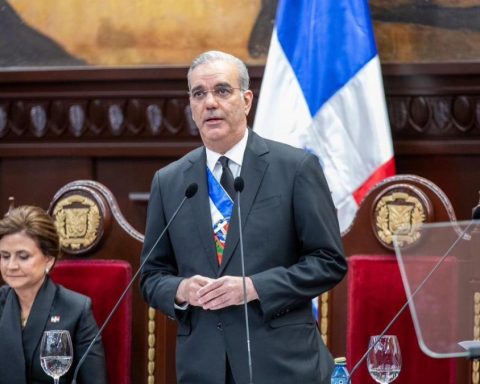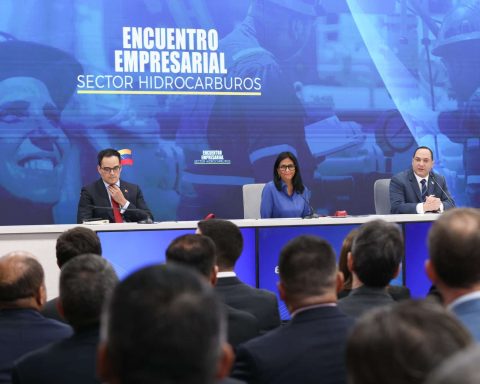The rector of the National Autonomous University of Mexico (UNAM), Enrique Luis Graue Wiechers, defended this Thursday the agreement signed between the government of his country and Cuba so that island doctors provide their services in Mexican territory.
«General doctors we do train enough, but we have a great deficit in specialists. Particularly, in certain regions of the country (…) To deny that is to deny the obvious, “he said in statements to the agency EFE upon receiving the title of Doctor Honoris Causa in Sciences of Higher Education from the University of Havana (UH)maximum award of that house of studies.
“Having received this doctorate that generously grants me the @UdeLaHabana It is a great honor, it fills me with satisfaction for all that this means for UNAM and for the University Community”
– Expressed Dr. C. Enrique Graue during this morning’s act in the Aula Magna. pic.twitter.com/ERvP5rFzM7– University of Havana (@UdeLaHabana) September 15, 2022
Graue Wiechers, who also received the University of Havana Seal, is a professor and doctor in Ophthalmology, and has previously received other distinctions such as the González Castañeda Award from the Mexican Academy of Surgery, as well as Doctor Honoris Causa titles from prestigious universities around the world. world.
The rector of the highest house of studies in Mexico clarified that the presence of Cuban doctors in his country should be a palliative measure in which the deficit of medical specialists in the Aztec nation is corrected.
“We cannot depend either for the future on what they send us (from Cuba). We need to train more specialists. And the training of specialists comes hand in hand with the training of hospital infrastructure », he clarified.
The agreement signed last May by the heads of the health portfolio of both nations contemplates the sending of 500 Cuban doctors in a first stage to fulfill the purpose of the Mexican president Andres Manuel Lopez Obrador to guarantee universal health coverage to all citizens of his country.
A group of 33 doctors left the island on September 10 for Mexico and according to reports, the Cuban health contingent already has more than a hundred specialists working in the states of Nayarit and Tlaxcala.
On the subject, López Obrador has said that Cuban doctors will continue to be hired “even if it hurts conservative politicians, because the purpose is to offer free, high-quality medical care to all Mexicans and reach the entire country with that service.” .
In the midst of the COVID-19 pandemic, hundreds of Cuban doctors provided services in hospitals in the Mexican capital and other states, under contracts that generated controversy due to their costs and the activities they carried out.
On the subject of vaccines produced on the island, Graue Wiechers affirmed that Mexico has “a lot to learn” from Cuba due to the national production of drugs against COVID-19.
The scientist stressed that without the economic power of the large European and American companies, the Island was able to release these vaccines in the same time and with the same efficiency, and he regretted that something like this did not happen in his country.
On September 6, the Mexican government announced the purchase of 9 million doses of the Cuban Abdala vaccine to immunize children between 5 and 11 years of age.
Coronavirus: Mexico acquires 9 million doses of the Cuban Abdala vaccine
The use of this immunogen – which does not yet have the endorsement of the WHO – has caused controversy in Mexico, which adds more than 7 million cases of COVID-19 and nearly 330,000 deaths, the fifth highest figure in the world, according to statistics handled by EFE.
The Abdala vaccine, developed by the Center for Genetic Engineering and Biotechnology (CIGB) and approved by Cuba in 2021, has shown an efficacy of 92.28% in clinical trials, according to official data. With it, together with those of the Soberana group, created by the Finlay Institute, more than 90% of the island’s population has been immunized against the infectious disease and has also been used in other countries such as Vietnam, Nicaragua and Venezuela.
EFE / OnCuba
